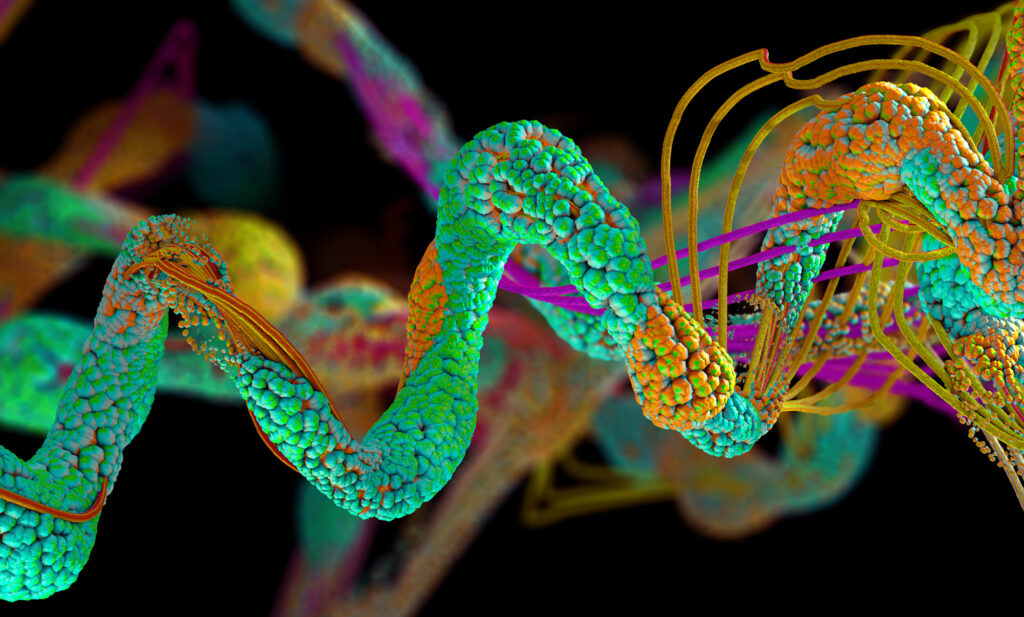
A pair of proteins, YAP and TAZ, has been identified as conductors of bone development in the womb and could provide insight into genetic diseases such as osteogenesis imperfecta, known commonly as “brittle bone disease.” This research, published in Developmental Cell and led by members of the McKay Orthopaedic Research Laboratory of the Perelman School of Medicine, adds understanding to the field of mechanobiology, which studies how mechanical forces influence biology.
“Despite more than a century of study on the mechanobiology of bone development, the cellular and molecular basis largely has remained a mystery,” says the study’s senior author, Joel Boerckel, an associate professor of orthopaedic surgery. “Here, we identify a new population of cells that are key to turning the body’s early cartilage template into bone, guided by the force-activated gene regulating proteins, YAP and TAZ.”
Read the full story in Penn Medicine News.
Joel D. Boerckel is Associate Professor in Orthopaedic Surgery and in Bioengineering.
